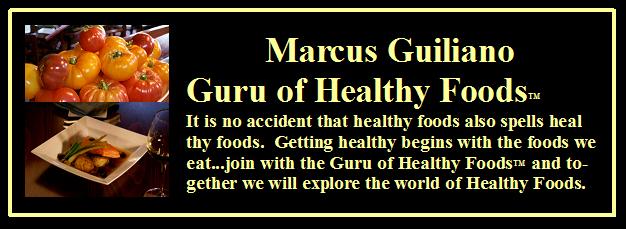The announcement came as the Washington, D.C.-based conservation organization released a report titled "Super Markets" that says 36 percent of major supermarkets nationwide, or about 6,400 stores, post the mercury advisory, including 95 percent of supermarkets in Washington state.
However, mercury warning signs are virtually absent in supermarkets in numerous states, and several major retailers, such as Wal-Mart, Publix, Hy-Vee, A&P and Giant Eagle, refuse to post the signs, says Oceana.
Oceana's report stems from a campaign it launched in 2005 urging retailers to post the 2004 FDA-EPA mercury advisory, which cautions pregnant women, nursing mothers, women of childbearing age and young children to avoid eating swordfish, shark, tilefish and king mackerel and limit canned albacore tuna consumption due to relatively high levels of methylmercury, a neurotoxin.
"Posting a sign that tells consumers which fish they should avoid would let them know that other fish are OK to eat and allay any fears they may have," says Simon Mahan, Oceana campaign manager and the report's lead author. "In fact, some grocery stores that posted the advice had no negative effect on their seafood sales and one company even reported that seafood sales increased after posting the signs."
Critics of posting the mercury advisory at seafood counters argue it inadvertently scares non-targeted consumers like men away from seafood, a healthful protein. Additionally, retailers that post the signs may not even sell the species listed in the advisory.
From Oceana:Victory! Costco Commits to Post Signs Oceana announces today that retail giant, Costco, will begin to post mercury warning signs at seafood counters nationwide. This important victory is documented in Super Markets - Oceana's newest report on this growing trend among major grocers.READ MORE











